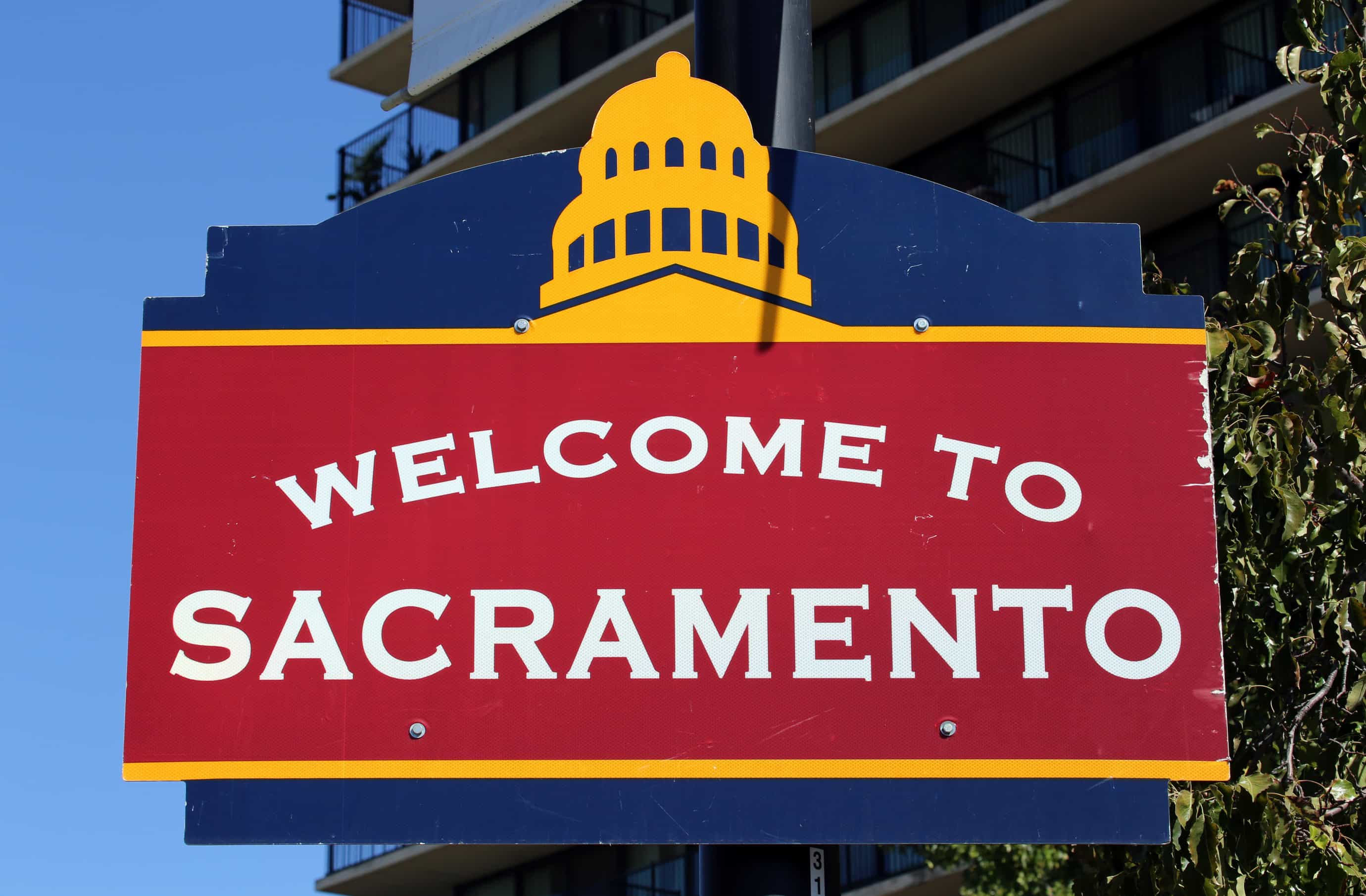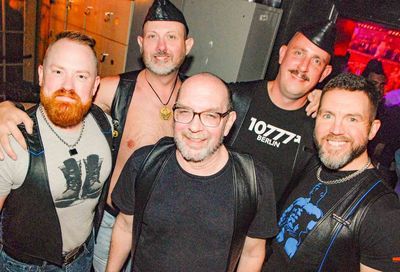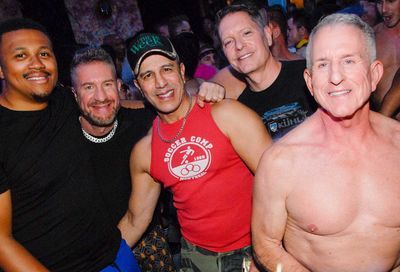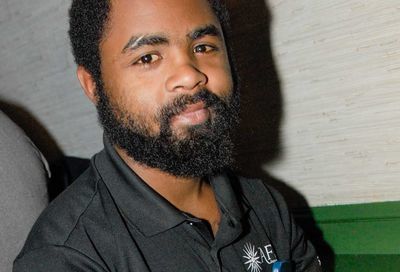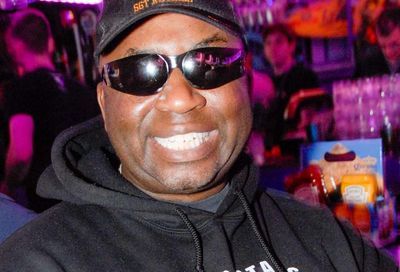They Fought the Law
A History of Gays and Cops in D.C.
“Even today I think those first six months of 1975 were the peak period of gay activism. We were really on a roll. ” That’s how Craig Howell remembers the early, heady days of gay activism, when Washington’s gay community started to see progress in its efforts to end homophobia and harassment from the city’s police force.
Howell shared his experiences of working with the Gay Activists Alliance (GAA) to improve relations between the Metropolitan Police Department (MPD) and Washington’s gay community as part of a panel discussion hosted by The Rainbow History Project last Thursday, March 27. The panel, part of the group’s “Golden Age of Gay Activism ” series, added to the project’s mission of collecting and promoting the history of the D.C. gay and lesbian community.
Along with Howell, the panel included veteran GAA activists Frank Kameny, Larry Kamin and Tom Lowderbaugh, as well as Sgt. Brett Parsons of the MPD’s Gay and Lesbian Liaison Unit.
“In the history of the GLBT community the police have been a traditional weapon of enforcement and hounding of the gay community, ” said Mark Meinke, chair of the Rainbow History Project. “It was a major achievement to finally be able to speak as equals with the police department. ”
But that journey was a difficult one. Kameny, who lost his job with the Army Map Service for being gay, recalled the early years of the gay movement in D.C. and the contentious relationship with the city’s police force in the 1960s.
Gay men were particularly angry at the Prostitution, Perversion and Obscenity (PPO) Squad, plainclothes officers who routinely patrolled gay cruising areas to arrest and entrap gay men. Gay bars, bathhouses and adult movie theaters were all subject to raids and often the victims faced extreme fear of exposure in their jobs, housing and public life.
When Kameny founded the Mattachine Society as D.C.’s first gay rights group in 1961, a plainclothes police officer attended the inaugural meeting to keep tabs on the group. Shortly after the group formed, police conducted a raid on a gay club knows as The Gaiety and arrested patrons. Kameny tried to get those arrested to fight back. “But these were not those days, ” Kameny said, recalling the fear of exposure so strong among gays of that era.
However, times would soon change.
“As we moved into the 70s…gay activism was becoming very strong and we were becoming a political force, ” Kameny said. “Everything began to change shape and nature. ”
When Craig Howell joined the GAA in the fall of 1973, at least half of every meeting was dedicated to police abuses — so the gay and lesbian community sought a stronger political voice to help achieve its goal of changing the MPD. The GAA successfully briefed all of the candidates running for city council and mayor in the 1974 election.
Candidates were surprisingly eager to participate Howell said. Politicians now realized gays and lesbians were a vote they needed. “Candidates were eager and fighting all over themselves to be briefed, ” Howell said.
The briefings led to what Howell described as “a very supportive City Council in those years. ”
Because the budget committee chairman was more sympathetic to their cause than the judiciary committee, Howell used a simple economic approach to abolish the PPO Squad. A judge had previously estimated that the approximately 150 annual arrests made by the PPO Squad costs taxpayers $18,000 each.
Howell then showed the committee they could be saving money (about $1 million dollars a year), by abolishing the entrapment campaign. He then successfully redirected some of that money to the Gay Men’s V.D. Clinic and the Office of Human Rights.
But the police department was taken aback by the advancement of GAA. In response the police launched a countermeasure against the GLBT community in the form of the “Bicentennial clean up. ” The goal of the clean up measure was to rid the city of its adult theatres, bathhouses and prostitutes in time for the legions of tourists expected to celebrate the bicentennial year in the nation’s capital.
|
“I spent my term as president of GAA in ’76 mostly fighting this kind of bicentennial clean up, because it looked like we were going back after having great progress in ’75, ” Howell said.
It would take a new mayor to turn things around again.
“Mayor [Marion] Barry really wanted to put an end to bad relations between the police department and our community ” Howell said. “We then started to get more supportive police chiefs. ”
With a new police chief in place by 1978, the GAA formed its own “Crime and Police Project ” after a series of gay bashings and numerous complaints about police hostilities towards gays and lesbians.
Kamins and Lowderbaugh, the co-coordinators of the project, met with the chief of police and outlined the GAA’s agenda and demands of how MPD needed to address the gay community’s needs.
“The meeting…gave us both access and cachet, ” Lowderbaugh said.
The GAA eventually received two of their critical requests: the creation of a liaison officer to the gay community and the right to conduct training sessions for police recruits. The “Police Awareness Project ” became a spin-off project of GAA in 1981. The group created a training presentation for police recruits, including a a slide show depicting the diversity of the community.
The training sessions were often met with mixed reactions from the recruits, but the presenters found their work both challenging and rewarding.
“We weren’t there to change their personal attitudes or their personal beliefs, ” Kamins said. “We said we don’t care what your personal beliefs are, but when you’re in the uniform you represent the District of Columbia and we expect you to behave professionally. We’re defining what professional behavior is for you. ”
“When we walked out of the room we knew that we had expanded people’s minds. ” Lowderbaugh said.
Though Kamins and Lowderbaugh were committed to continuing the training of new recruits, a new police chief arrived in 1984 who quickly ended the program.
These days, the GLAA meets with current Chief Charles H. Ramsey on a semi-regular basis, but Howell lamented the fact that the GLAA no longer directly conducts trainings for the police department.
“You really need to have the police interacting with actual living, breathing homosexuals. ” Howell said. “It is still a very live issue. ”
Despite not having direct involvement with current training sessions, all the activists expressed their pleasure with the formation in 2000 of the Gay and Lesbian Liaison Unit. The unit, now headed by Sgt. Parsons, consists of two officers and four reserve officers and will receive the GLAA Distinguished Service Award this year.
Parsons highlighted the increase in hate crimes reporting as tangible evidence that relations between the GLBT and the police force are improving. In 1998, two hate crimes were reported in the D.C. area, while twelve cases have already been reported this year.
Parsons sees this trend as a positive step for two reasons — hate crimes often go unreported since most minority communities do not trust the police and do not know how to report hate crimes, and secondly, most police officers do not have the proper training to recognize when a hate crime occurs.
“It’s one of the few times that the chief of police can stand up and be proud that crime is going up, ” Parsons said. “Hate crime reporting will continue to go up as long as we’re doing a good job in training police officers and building a relationship with the community. ”
For more information about the Rainbow History Project of Washington, D.C., visit www.rainbowhistory.org. For information about the Gay and Lesbian Activists Alliance, visit www.glaa.org.
Support Metro Weekly’s Journalism
These are challenging times for news organizations. And yet it’s crucial we stay active and provide vital resources and information to both our local readers and the world. So won’t you please take a moment and consider supporting Metro Weekly with a membership? For as little as $5 a month, you can help ensure Metro Weekly magazine and MetroWeekly.com remain free, viable resources as we provide the best, most diverse, culturally-resonant LGBTQ coverage in both the D.C. region and around the world. Memberships come with exclusive perks and discounts, your own personal digital delivery of each week’s magazine (and an archive), access to our Member's Lounge when it launches this fall, and exclusive members-only items like Metro Weekly Membership Mugs and Tote Bags! Check out all our membership levels here and please join us today!




